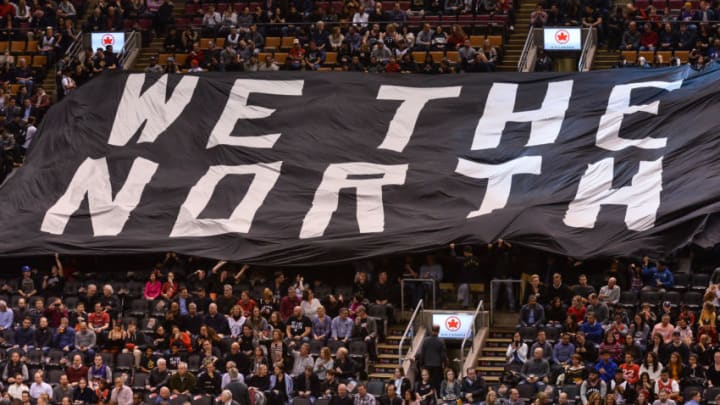
Billy Beane and Masai Ujiri have oddly similar trajectories when it comes to their front office schemes
Billy Beane is referenced in Moneyball as a dog when it came to trading players. On his whiteboard, the book proclaims, he had hundreds of players listed that were on other teams that he wanted.
In a similar vein, Ujiri has proven his worth in this aspect as well. As the General Manager for the Denver Nuggets, Ujiri robbed the New York Knicks for a boatload of assets and players when he traded Carmelo Anthony to them. This trade evidently scared Knicks owner James Dolan in the future, as he vetoed a trade that would have sent Kyle Lowry to the Knicks.
In Toronto, we witnessed Ujiri stay bullish on the trading block. And, when the right deal struck, he sent away Toronto’s favorite son, DeMar DeRozan, and received an enigmatic, but proven Kawhi Leonard.
With DeRozan, Ujiri saw the ceiling of the Raptors right before his eyes–either a second-round out or an Eastern Conference Finals out; the Finals seemed unachievable as constructed. It was an objective trade rather than a subjective one.
Objectivity is always on Billy Beane’s mind. He knew the pitfalls of subjective scouting as he failed as an MLB player himself despite the overwhelmingly positive scouting. Billy sought a way to end subjectivity in baseball evaluation by utilizing statistics that were overlooked by others.
In turn, Billy kept the Oakland A’s afloat throughout those mid-2000 seasons. Now, Ujiri has the same task at hand. And, it seems that Ujiri is always looking to reevaluate the team, its prospects, and its chances for success.
This season, in fact, could be the most fun Ujiri has had in years since there are low expectations for the organization. Weirdly, Ujiri has the ability to develop players and, perhaps, discover new overlooked assets. In a way, Ujiri finally gets an opportunity to do what he’s always wanted to do: rebuild.
Only this time, maybe he’ll rebuild in a way that only a few teams have accomplished by remaining competitive throughout the regular season. Ultimately, that’s the last trick up Ujiri’s sleeve as he completed the organizational goal of delivering a championship.
Perhaps now, he’ll deliver a personal goal to himself by showing the NBA that the Raptors can be competitive and rebuild on the fly.
